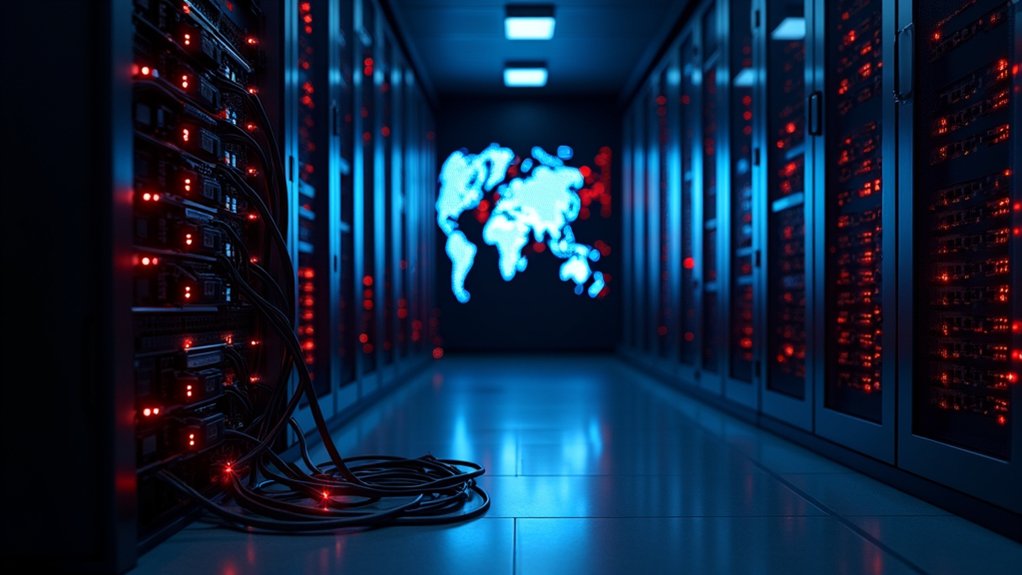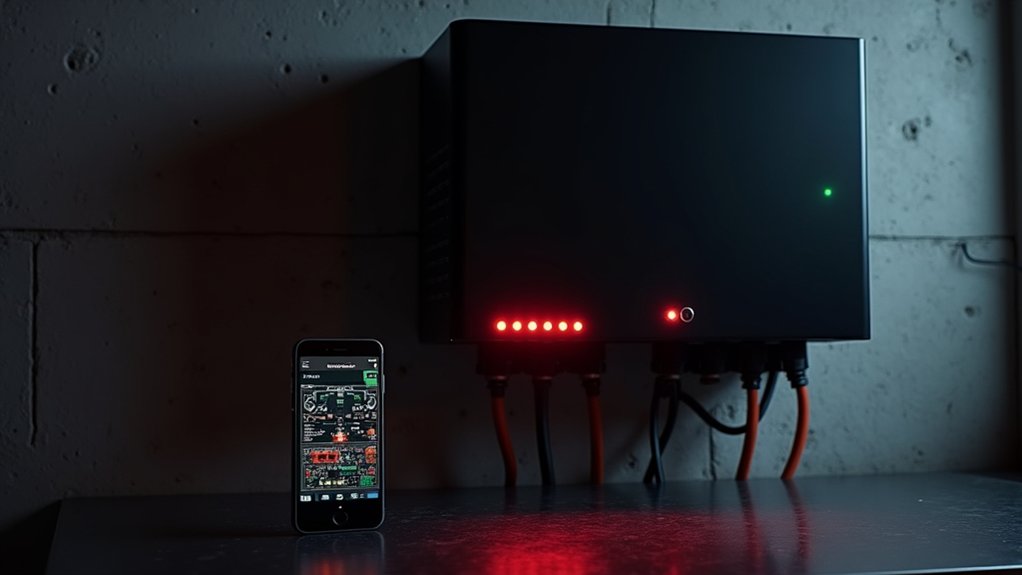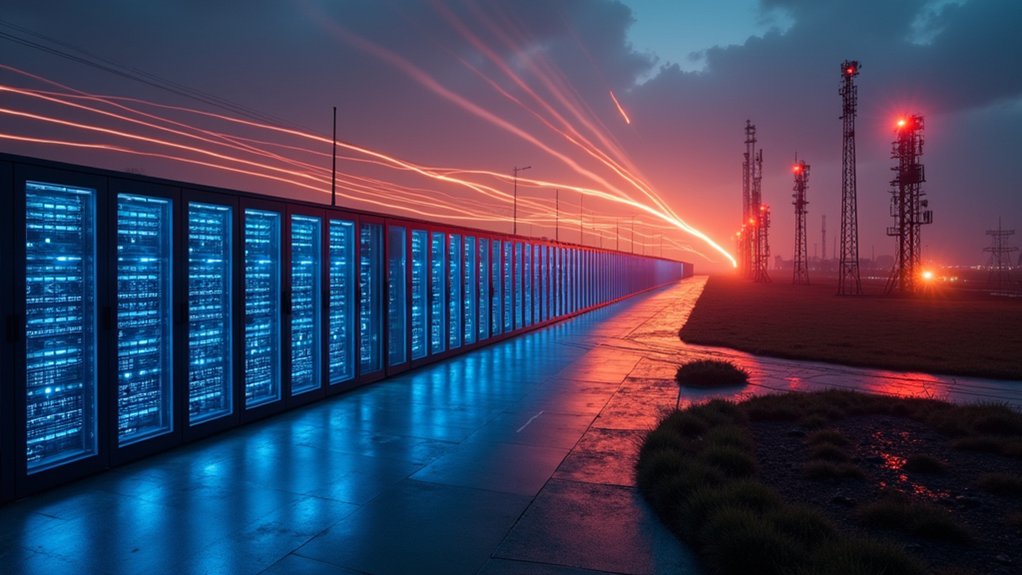Following recent U.S. airstrikes against Iranian nuclear facilities, the Department of Homeland Security has issued an advisory warning of a “heightened threat environment” across American networks, as both Iranian government-sponsored actors and pro-Iranian hacktivists actively seek to exploit vulnerable U.S. infrastructure.
Although Iran’s technical sophistication remains limited compared to top-tier adversaries, the potential for destructive and disruptive cyberattacks has increased considerably, with threat analysts warning of escalation if Iranian leadership calls for broad retaliation.
Iran’s limited cyber capabilities still pose significant destructive potential, with analysts warning of escalation amid rising geopolitical tensions.
Critical infrastructure sectors face the greatest risk, with Iranian-linked threat groups routinely targeting energy, water, transportation, healthcare, financial institutions, government agencies, and hospital systems.
These attacks aim to maximize asymmetrical impact by disrupting crucial services that underpin American society. Municipal water systems have proven particularly vulnerable, experiencing specific attacks exploiting default credentials and poorly secured internet-connected devices. Experts recommend implementing two-factor authentication across all critical system access points to prevent unauthorized entry.
Iranian cyber campaigns employ multiple attack vectors, including Distributed Denial of Service attacks designed to overwhelm and render services inaccessible, exploitation of programmable logic controllers in water utilities, and deployment of custom malware for remote control of management systems in utilities and fuel networks.
Social engineering and phishing operations remain primary tools for initial access and credential harvesting, whereas hacktivist activities typically involve less sophisticated website defacements and nuisance intrusions.
Recent incidents underscore the persistent threat environment. The Iranian-linked group “CyberAv3ngers” breached multiple U.S. water systems throughout 2023, including the Municipal Water Authority of Aliquippa, Pennsylvania, in an attack attributed to an anti-Israel Iranian group.
Radware estimated a 700% increase in Iranian cyberattacks against Israeli targets since regional tensions escalated, suggesting similar patterns could emerge against American infrastructure. Iranian groups have also engaged in ransomware schemes targeting both government and private sector organizations in recent years. Information sharing and analysis centers across various sectors are maintaining high alert status for emerging threats targeting U.S. critical infrastructure.
U.S. preparedness efforts have intensified accordingly. Critical networks nationwide are increasing monitoring and defensive postures in anticipation of further Iranian aggression, whereas the Department of Homeland Security actively issues bulletins and advisories for private and public sector organizations.
Officials highlight patching vulnerabilities, improving credential security, and tightening access controls on internet-connected devices as crucial defensive measures against Iran’s evolving cyber capabilities.









